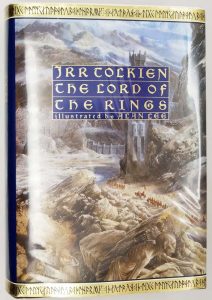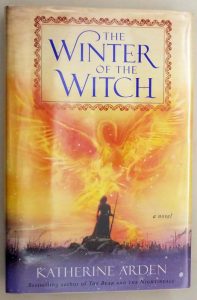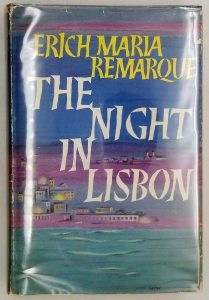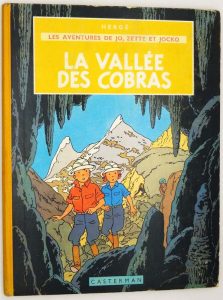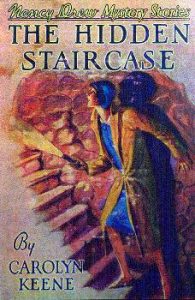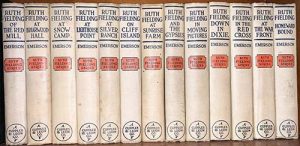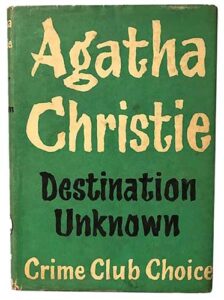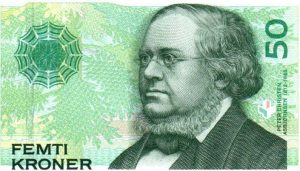The Secret of Red Gate Farm is the sixth volume in the Nancy Drew Mystery Stories series, written under the pseudonym Carolyn Keene, It was first published in 1931.
Summary (original edition)
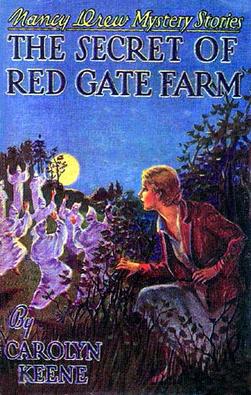
In The Secret of Red Gate Farm, a whispered rumor about “dancing shadows” at a struggling farm draws Nancy Drew into a labyrinth of secret societies and Depression-era desperation in this atmospheric rural mystery. Penned by Mildred Wirt Benson as Carolyn Keene, the story begins when Nancy befriends Millie Byrd, a cashiered bank clerk whose grandmother’s mortgaged farm serves as the unlikely stage for midnight rituals. The failing fields of Red Gate Farm hide more than poor crops—strange symbols appear carved into barn wood, the livestock behave skittishly without apparent cause, and the new boarders calling themselves “The Black Snake Colony” pay their rent in suspiciously crisp dollar bills.
Nancy goes undercover as a farmhand, her calloused palms and sunburnt neck belying her River Heights upbringing as she uncovers how the colony’s supposed nature worship masks a sophisticated counterfeiting operation. By day, she tends chickens and deciphers clues in the farm’s peculiar geology—the way certain rocks echo when struck, the unnatural hardness of the creek bed near the old well. By night, she observes the “rituals” that always coincide with the distant wail of freight trains, recognizing the choreographed movements as signals to hidden accomplices.
The 1931 original thrums with post-Crash anxiety—Nancy discovers the farm’s failing harvests were deliberately engineered to explain away earth-moving operations, and that the counterfeit bills bear tiny flaws traceable to a specific engraver’s style. Unlike later revisions, this version retains Nancy’s terrifying confinement in the echoing limestone caverns beneath the farm, where the flickering shadows of the conspirators’ lanterns make the very walls seem alive with menace. The Red Gate itself, still hanging stubbornly on its rusted hinges, becomes a symbol of divided loyalties—its peeling paint revealing layers of older colors, much like the farm’s current troubles conceal generations of secrets.
This novel stands out for its unflinching portrayal of rural poverty during the Dust Bowl era, where Nancy must navigate between sympathy for the farm’s struggling owners and her duty to expose those exploiting their desperation. The solution hinges on her understanding of both agricultural realities and criminal ingenuity—recognizing how counterfeiters use the farm’s natural acoustics to mask the sounds of their press, and how the “Black Snake” mythology was carefully crafted to keep curious locals away.
Nancy Drew #6 –The Secret of Red Gate Farm First Edition Book Identification
Only the first few printings of the first/second year are included. Printings codes are based on the Farrah Guide, 12th printing. Please refer to the guide for later printings.
Note: Glossy+: Glossy frontis + 3 glossy internals.
| Printing | Frontis | Copyright Page | Rear Book Ads |
|---|---|---|---|
| 1932A-1 | Glossy+ | Nancy Drew #1-7 | This isn't all (box)/Nancy Drew #1-7 |
| 1932B-2 | Glossy+ | Nancy Drew #1-8 | This isn't all (box)/Nancy Drew #1-7 |
| 1932C-3 | Glossy+ | Nancy Drew #1-8 | This isn't all (box) |
| 1932D-4 | Glossy+ | Nancy Drew #1-8 | This isn't all (box)/Nancy Drew #1-8 |
Nancy Drew #6 –The Secret of Red Gate Farm First Edition Dust Jacket Identification
ao: Among other titles.
| Printing | Front Flap | Rear Cover | Rear Flap | Reverse/Inside | Format |
|---|---|---|---|---|---|
| 1931B-1 | Nancy Drew #1-6 | Amy Bell Marlowe(10) | Blythe Girls #1-11 | Nancy Drew #1-5 ao | 1 |
| 1931C-2 | Nancy Drew #1-6 | Amy Bell Marlowe(10) | Blythe Girls #1-11 | Nancy Drew #1-5 ao | 1 |
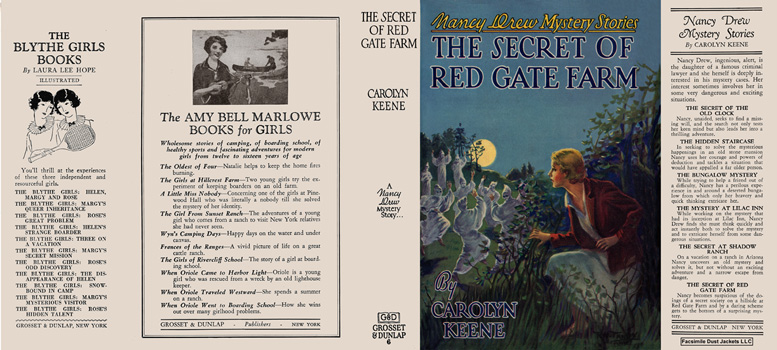
Reference:
- Farah’s Guide to Nancy Drew, 12th printing

